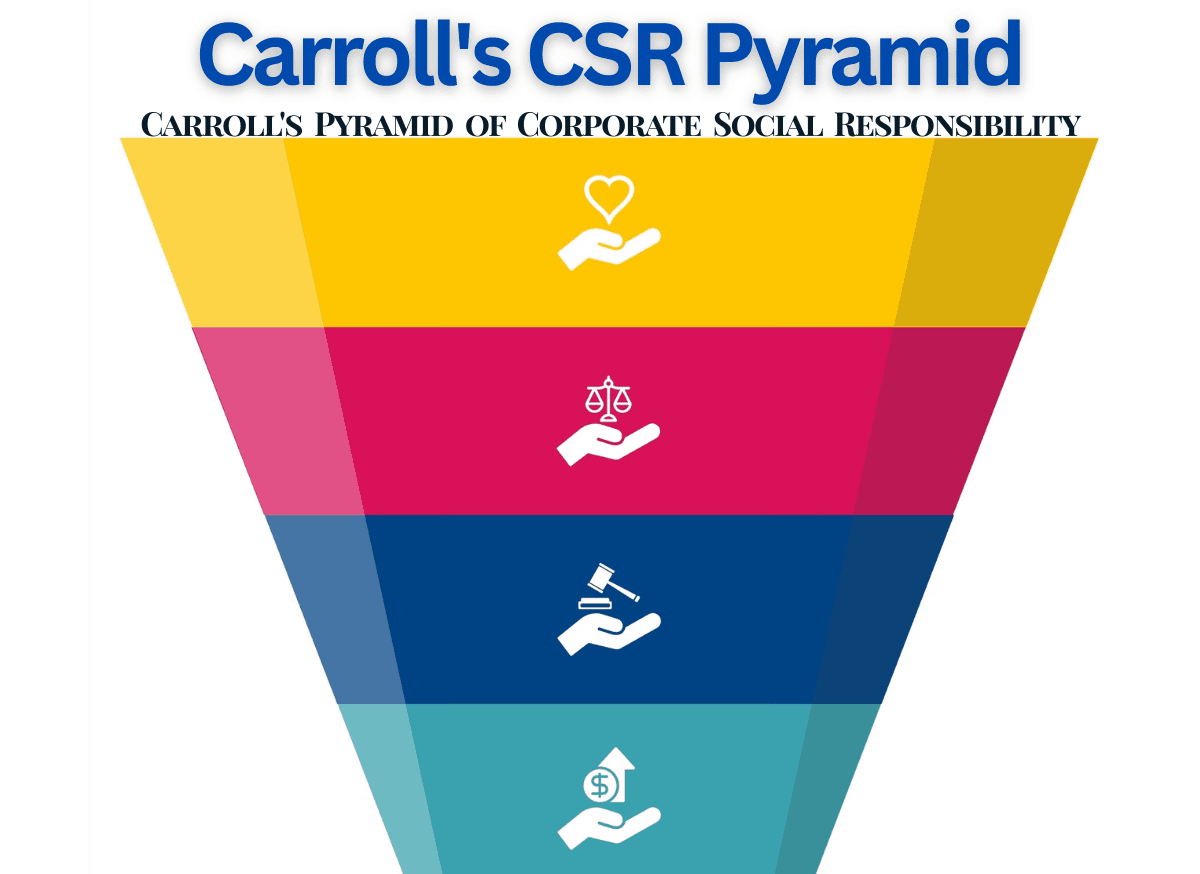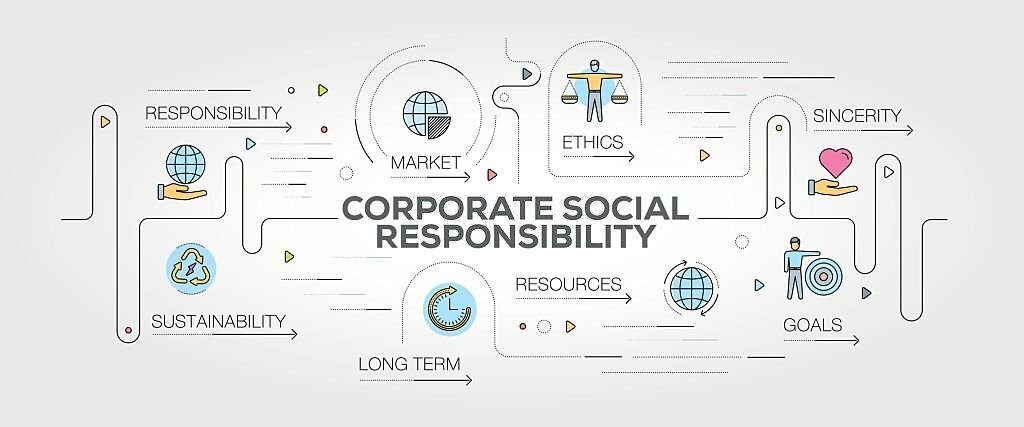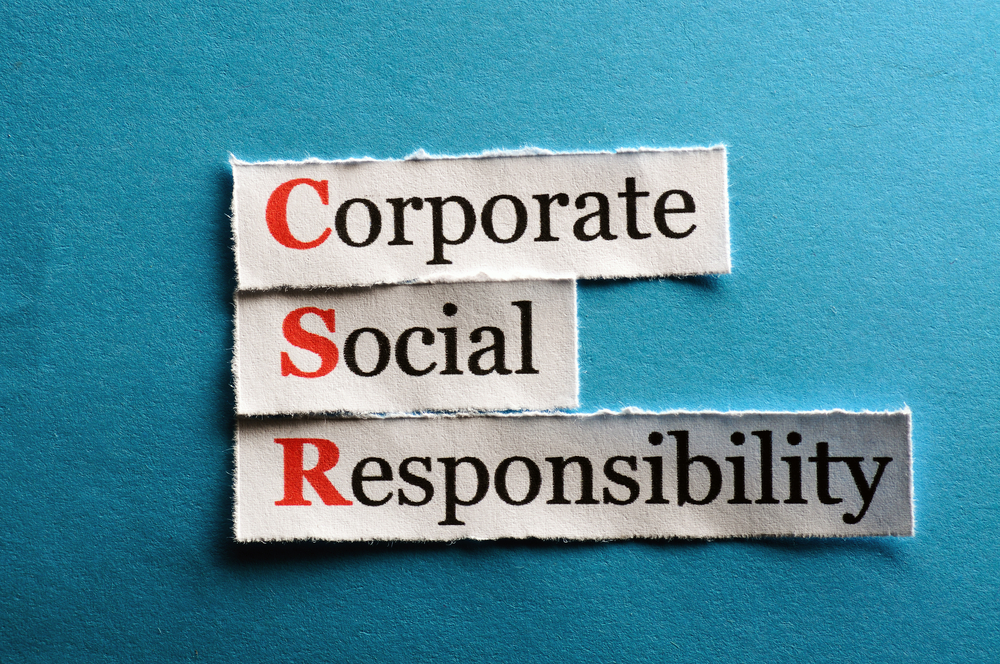Social Responsibility
Resources for Understanding of Company Social Responsibility Components
Below you will find a compendium of sources to help you create a broader understanding of the myriad perspectives that define Social Responsibility in all it complexions, including the connection to ESG goals. The components are wide and deep, so this section starts with a look at which companies are making headway in the space, and also draws upon some higher-level global thinking, like the United Nations.

A deep dive into Corporate Social Responsibility: from economic duties to philanthropy, and why ethics matter in business.

Corporate Social Responsibility (CSR) is a business approach that promotes ethical practices, sustainability, and social impact. Learn its benefits and key principles.

Corporate social responsibility (CSR) gets a lot of coverage, but what is it? Here are the four fundamental types of CSR you should be aware of.

Learn about ESG strategy and management for businesses in this guide, which covers how to create an ESG strategy, ESG metrics, ESG reporting and more.

Define your organization's ESG goals. Set Specific, Measurable, Achievable, Relevant and Time-bound goals with our 4-step process.
Getting your environmental, social, and governance (ESG) proposition right links to higher value creation. Here’s why.
:max_bytes(150000):strip_icc()/corp-social-responsibility_final-fde36bb0c7b74129a710b475caf901a0.png)
Corporate social responsibility (CSR) is a business model that helps a company be socially accountable to itself, its stakeholders, and the public.

Corporate Social Responsibility (CSR) allows businesses large and small to enact positive change. Here are 16 great examples of brands doing CSR successfully.

Corporate social responsibility (CSR) has become a buzzword in the business world in recent years. Companies are expected to be not only profitable but also ethical and socially responsible.

The benefits of CSR to companies may be larger than you’d expect. Here's a list of the top ten most widely recognized benefits of corporate social responsibility.

Businesses can no longer operate with the sole aim of making profits at the expense of the environment, society, economy, consumers and employees.

Nowadays almost every dangerous or toxic product wears a warning sign advising consumers against drinking paint thinner or attaching their pet to the top of their roof rack. However, there is no warning sign affixed to our technological devices or social media applications.

Learn how to build and manage a successful corporate social responsibility (CSR) program to have a positive impact on your community, your brand, and your bottom line.

Social impact and responsibility terms are making their way into corporate lexicons along with Environmental, Social, and Governance (“ESG”). One of the most referenced is Corporate Social Responsibility (CSR). But what does it mean?

Three of the main CSR theories and models have been represented and analyzed in this article: The Carroll Theory, The Triple Bottom Line Theory, and The Stakeholder Theories. Since any business corporation has to adopt one of these theories, this study reveals the strength and challenges of every theory.

Social responsibility refers to the business practices of engaging in ethical behavior and in taking actions aimed at benefiting the society
